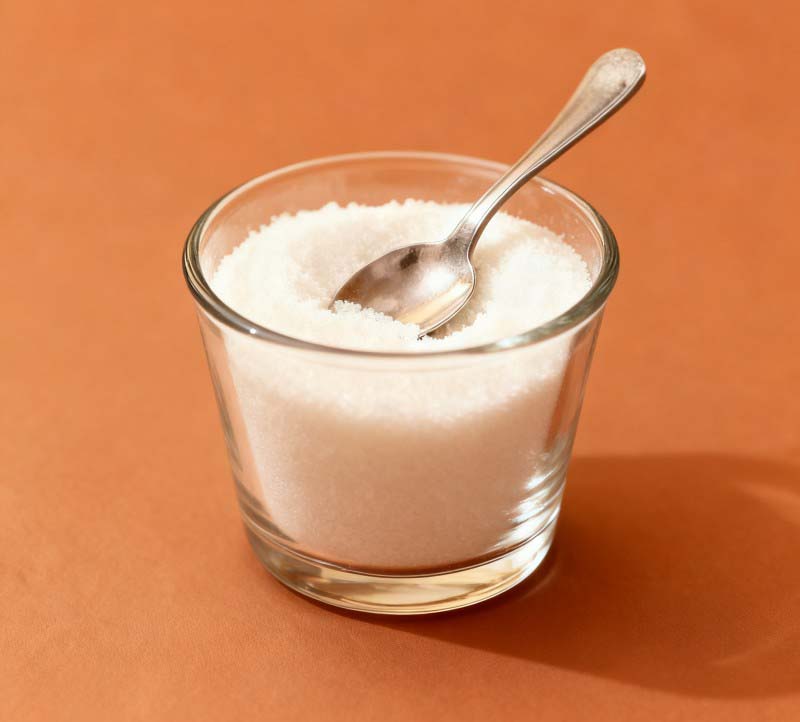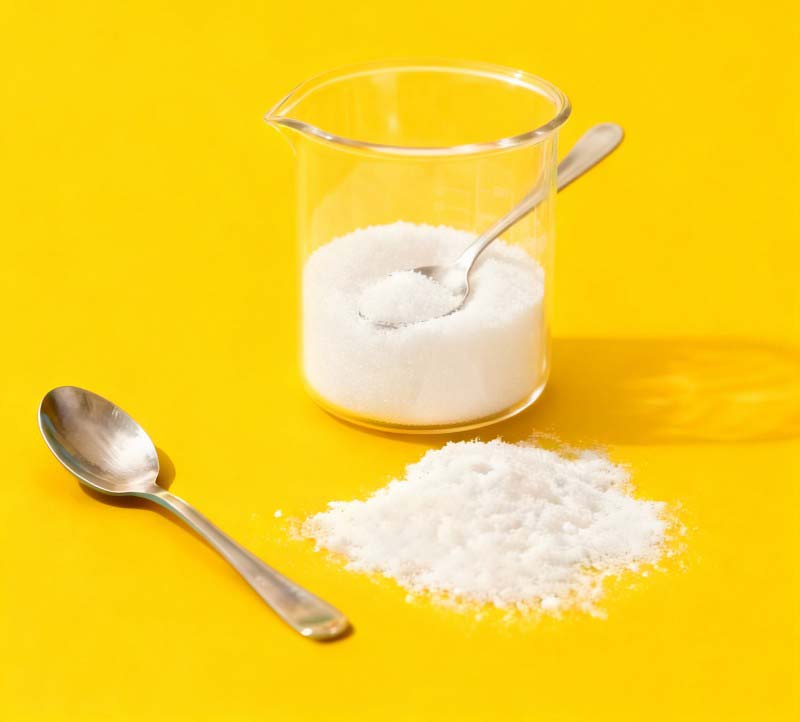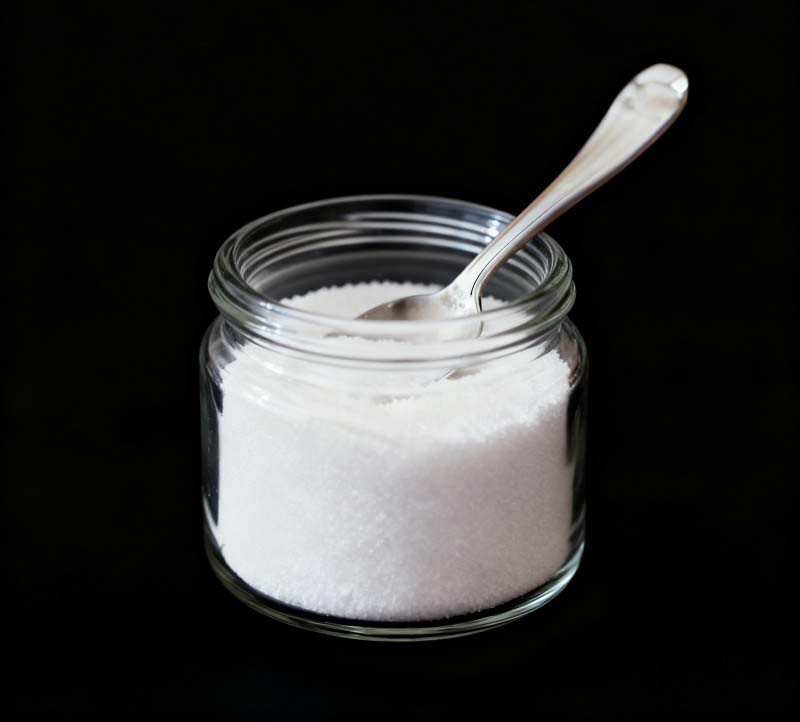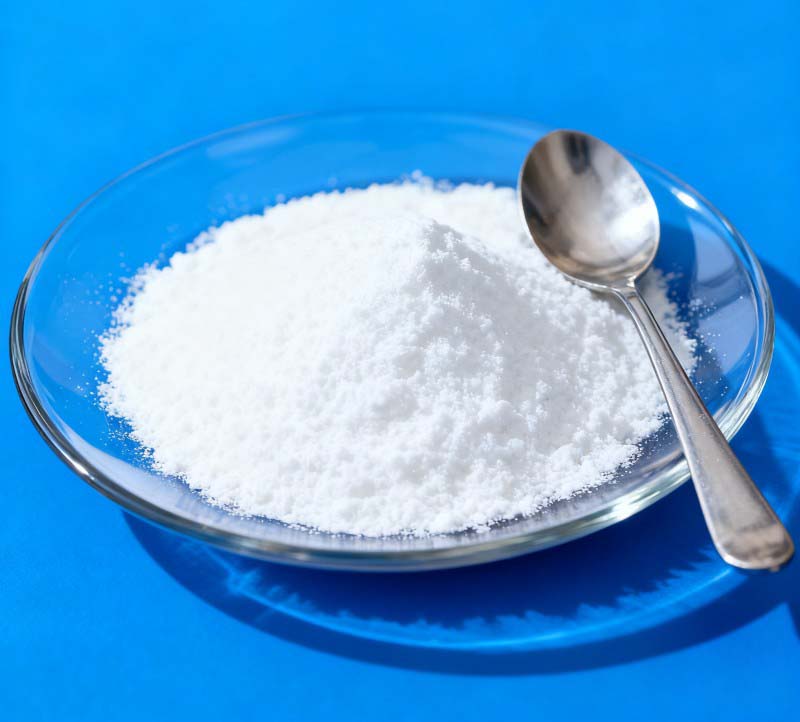Biotin: The Essential Vitamin for Hair, Skin, and Overall Health
In the world of health and wellness, you’ve likely come across the term “Biotin.” But what exactly is it, and why is it so popular? Known by its English name, Biotin, and often referred to as Vitamin B7 or Vitamin H, this water-soluble vitamin is a crucial player in your body’s daily functions. If you’re searching for information on Biotin, you’re probably looking for clear, actionable answers. This article will demystify Biotin, exploring its benefits, sources, recommended dosage, and potential side effects.

Biotin is a B-complex vitamin that acts as a essential coenzyme in your body. It helps convert the food you eat—specifically carbohydrates, fats, and proteins—into energy. Since your body cannot produce Biotin on its own, you must obtain it from your diet or supplements.

The surge in Biotin’s popularity is largely tied to its impressive range of benefits, particularly for aesthetics and metabolism.
Promotes Healthy Hair, Skin, and Nails
This is the most well-known benefit of Biotin. It supports the production of keratin, a foundational protein that makes up your hair, skin, and nails.
Supports Metabolic Function
As a coenzyme, Biotin is vital for metabolizing the three macronutrients:

Prenatal Health
Biotin is crucial during pregnancy for embryonic growth. However, it’s common for pregnant women to become marginally Biotin deficient, so many prenatal vitamins include it. Always consult a doctor before taking any supplements during pregnancy.
Neurological Support
Biotin contributes to nerve function by playing a role in myelin sheath synthesis, which is the protective covering around nerves.
True Biotin deficiency is rare, as it’s present in many foods. However, when it occurs, symptoms can include:

Deficiency is more common in people with certain conditions, such as Biotinidase deficiency, chronic alcohol use, or Crohn’s disease.
1. Food Sources:
The best way to get Biotin is through a balanced diet. Excellent natural sources include: